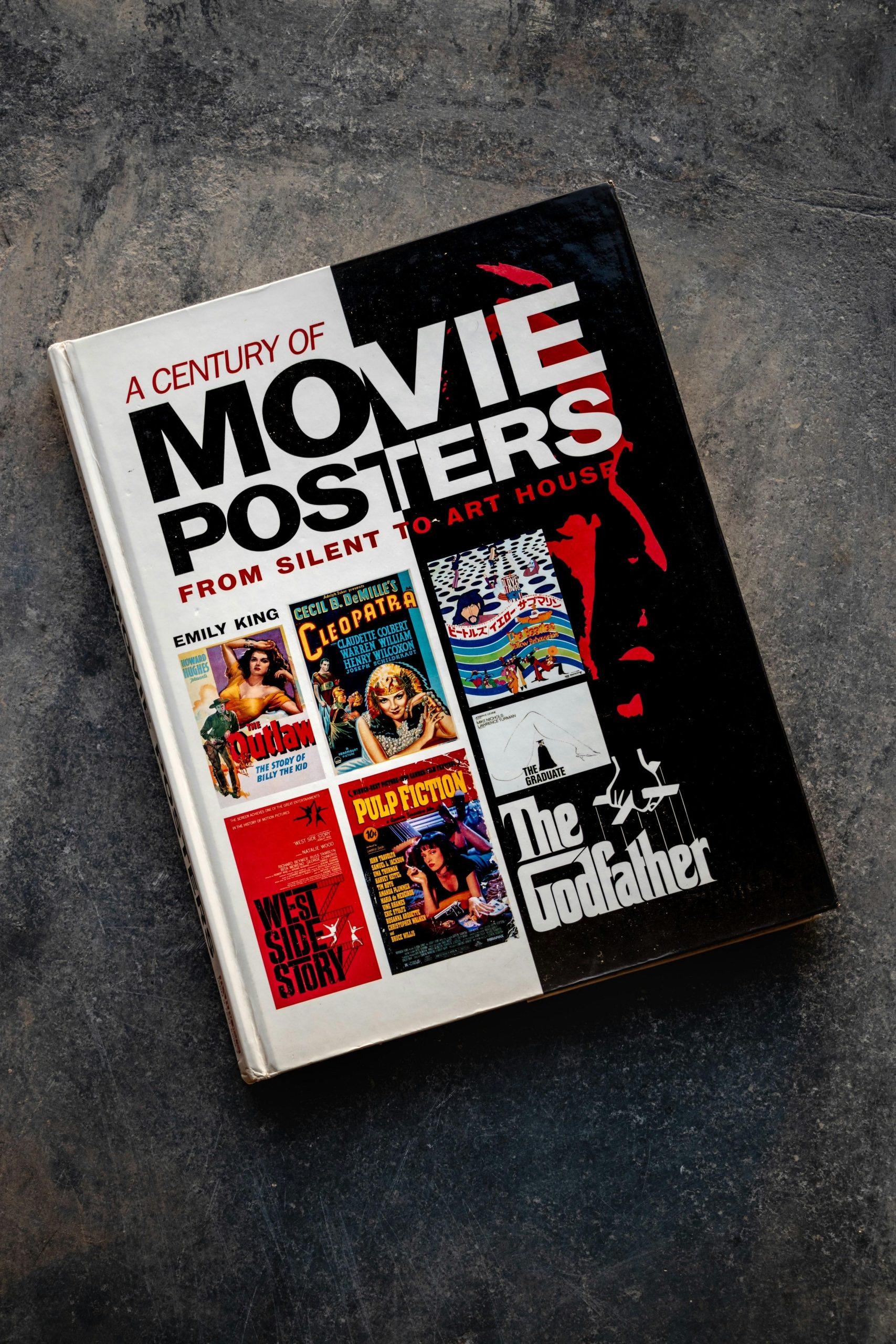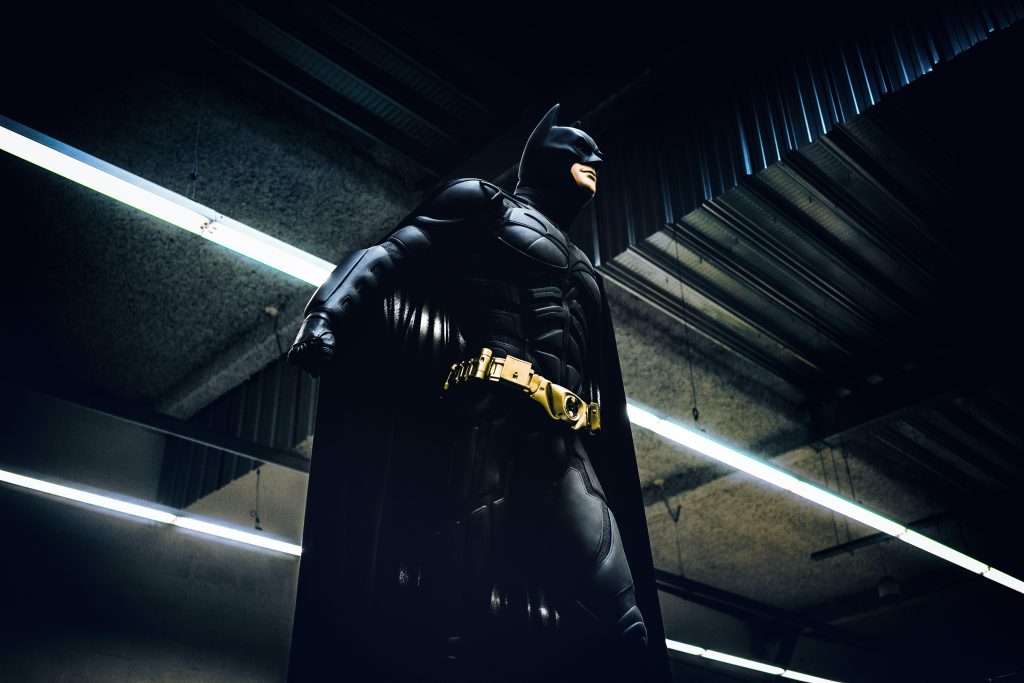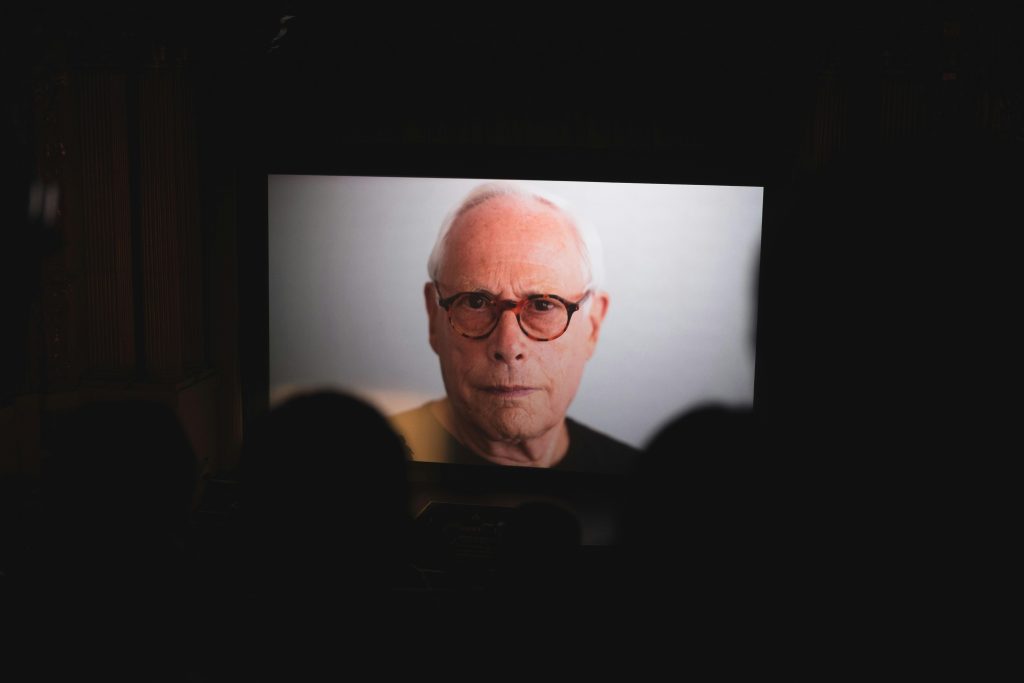In the annals of cinematic history, few films have left an indelible mark quite like “The Godfather.” Released in 1972, this masterpiece directed by Francis Ford Coppola did more than just captivate audiences; it redefined an entire genre. With its intricate portrayal of power, loyalty, and the complexities of family ties, “The Godfather” transcended the traditional boundaries of crime films, setting a new standard for storytelling and character development. Its impact reverberated through the corridors of Hollywood, influencing countless filmmakers and reshaping the narrative landscape of crime cinema. As we delve into how “The Godfather” revolutionized the genre, we uncover the alchemy of artistry and innovation that transformed a simple mob tale into a timeless saga.
Evolution of Storytelling in The Godfather
The storytelling in *The Godfather* is a masterclass in narrative evolution, weaving a complex tapestry of power, loyalty, and family. This iconic film by Francis Ford Coppola redefined crime cinema through its layered characters and intricate plotlines. At the heart of its storytelling is the transformation of Michael Corleone, whose journey from reluctant outsider to ruthless leader is both compelling and tragic. This evolution is not just a personal journey but a reflection of the shifting dynamics within the Corleone family and the broader underworld.
Key elements that highlight the innovative storytelling include:
- Non-linear Narratives: The film’s use of flashbacks and parallel storylines adds depth and complexity, allowing viewers to understand the motivations and histories of its characters.
- Character Development: Each character, from Vito to Michael, is given a rich backstory and a distinct arc, making them unforgettable.
- Symbolism and Themes: Themes of power, betrayal, and the American Dream are explored with subtlety, using recurring symbols like oranges to foreshadow doom.
These storytelling techniques, combined with the film’s authentic portrayal of the mafia world, set a new standard for crime films, influencing countless filmmakers and cementing *The Godfather* as a timeless classic.

Masterful Character Development and Its Impact
One of the defining features of The Godfather is its intricate and masterful character development, which profoundly influences both the narrative and the genre of crime films. The film doesn’t just tell a story about the mafia; it immerses the audience in the complexities of the human condition. Through the deeply layered characters, such as Michael Corleone’s transformation from a reluctant family outsider to a calculating mafia boss, the film examines themes of power, loyalty, and morality.
- Michael Corleone: His journey reflects the internal conflict between personal ethics and familial duty, showcasing the gradual erosion of his innocence.
- Vito Corleone: As the patriarch, his character embodies wisdom and authority, setting a standard for the portrayal of mafia leaders in cinema.
- Sonny Corleone: His impulsive nature and fierce loyalty highlight the volatile dynamics within the family, adding layers of tension and unpredictability.
These multidimensional characters are not merely parts of a crime saga; they are archetypes that redefined how audiences perceive morality within the criminal underworld. The intricate development of each character in The Godfather allows for a profound exploration of the human psyche, making it a timeless masterpiece that continues to influence the portrayal of complex characters in modern cinema.

Cinematic Techniques that Set a New Standard
One of the pivotal elements that elevated “The Godfather” to legendary status was its groundbreaking use of cinematic techniques that were not only innovative for their time but also set a new benchmark for the crime genre. Francis Ford Coppola’s direction was meticulous, crafting a visual narrative that mirrored the complex dynamics of the Corleone family. The film’s use of chiaroscuro lighting, for instance, was a masterstroke in creating a mood that oscillated between the serene and the sinister. This technique, borrowed from the art world, allowed for the exploration of moral ambiguity and hidden truths, casting shadows that were as telling as the light.
- Long Takes: The film’s extensive use of long takes allowed for deeper character exploration and an immersive viewing experience.
- Symbolic Imagery: Coppola’s symbolic use of oranges as a harbinger of doom was both subtle and striking, weaving a visual motif throughout the narrative.
- Sound Design: The soundscape, crafted with a mix of diegetic and non-diegetic sounds, enriched the atmospheric tension, making the audience feel as if they were part of the Corleone world.
Moreover, the film’s editing style was revolutionary, employing cross-cutting techniques that juxtaposed the sacred with the profane, as seen in the infamous baptism scene. This method not only amplified the emotional impact but also redefined the way crime films could explore the duality of human nature. By marrying these innovative techniques with a compelling narrative, “The Godfather” did not just redefine crime films—it reimagined the very language of cinema.

The Godfathers Legacy in Modern Crime Cinema
Francis Ford Coppola’s iconic film introduced a nuanced portrayal of organized crime, diverging from the simplistic good-versus-evil narratives that previously dominated the genre. By presenting a complex family saga intertwined with themes of loyalty, power, and the American Dream, the film elevated crime cinema to a new level of storytelling. The Godfather demonstrated how crime films could delve into the psychological and moral complexities of its characters, making audiences empathize with anti-heroes and question the very nature of justice and honor.
- Character Depth: Rather than one-dimensional villains, characters like Vito and Michael Corleone became multi-layered figures whose decisions were shaped by personal and familial obligations.
- Visual Storytelling: The film’s use of shadow and light set a precedent for atmospheric storytelling, influencing directors to adopt more artistic cinematography in crime films.
- Cultural Impact: It inspired a wave of films that explored crime through the lens of family dynamics, power struggles, and ethical dilemmas.
By redefining the genre, The Godfather set a benchmark for future filmmakers, encouraging them to explore deeper narratives and complex character arcs. Its legacy is evident in modern crime cinema, where filmmakers continue to draw inspiration from its rich tapestry of themes and groundbreaking storytelling techniques.









